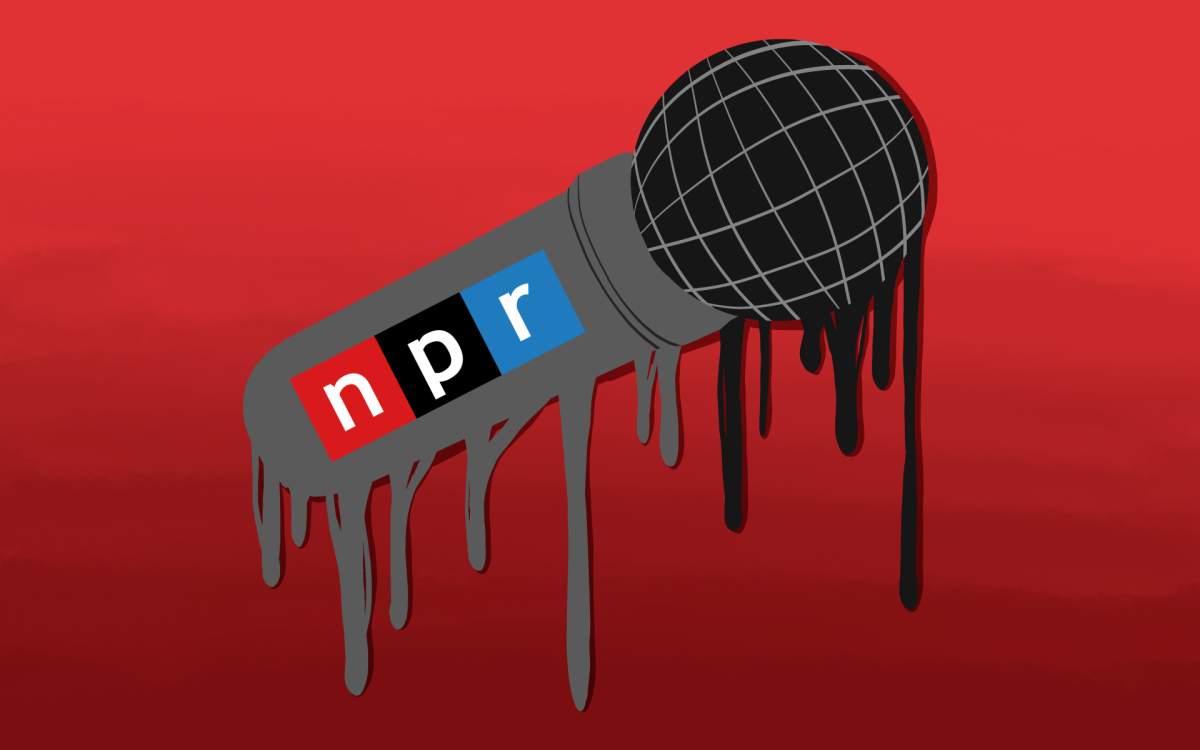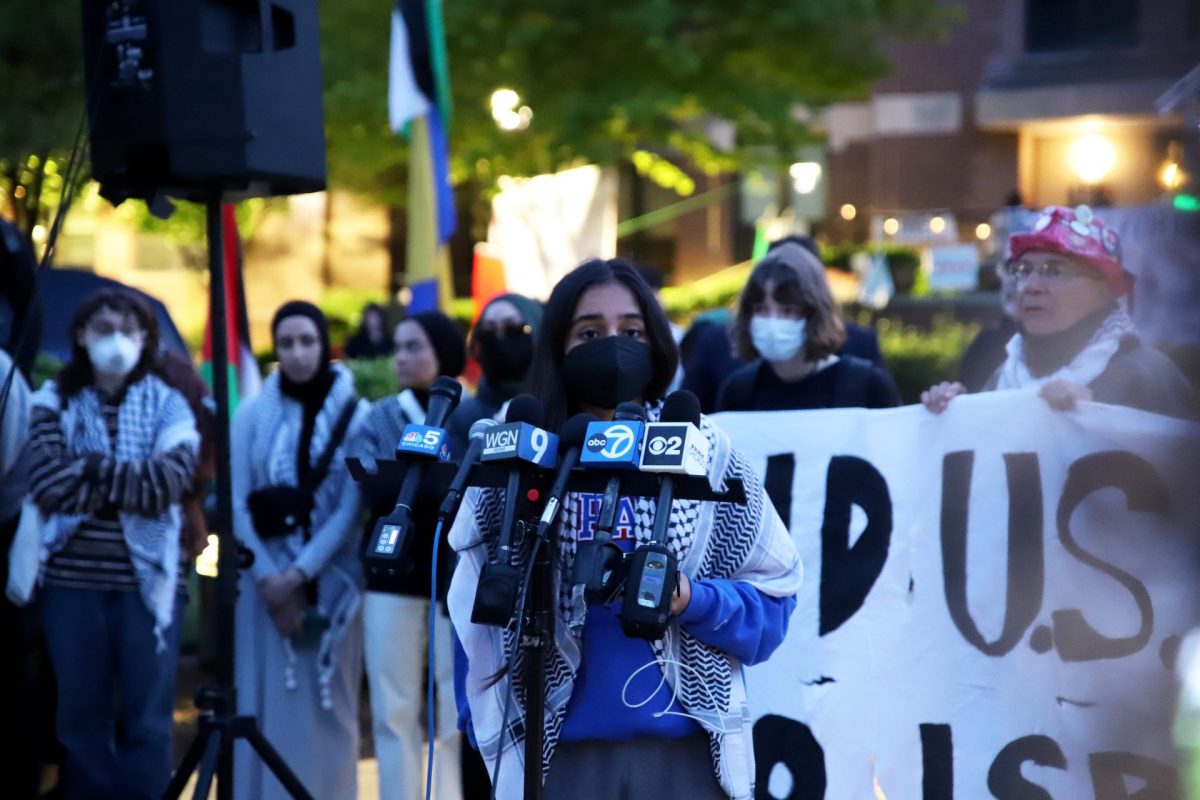The 93,500 square-foot block of concrete was a beacon of lost hope when the meatpacking plant closed in 2006 and its 400 workers joined the ranks of Chicago’s unemployed. Now, young entrepreneurs hip to sustainable agriculture call it “The Plant,” home to gardens, fish farms, and the seeds of hope neighborhoods like the Back of the Yards desperately need.
Within its echoing concrete caverns, Executive Director John Edel saw the Plant as a space ripe with opportunity for housing both non- and for-profit startups all dedicated to the rawest form of sustainability. From top to bottom, the Plant and its tenants make up wastefree operation that run entirely on energy made onsite. Green-thumbed Chicagoans aren’t the only ones learning from the Plant’s sustainable model however; educational outreach from the Plant’s nongovernmental organization, “Plant Chicago,” is inviting the community to grow alongside them.
Three of the farms within the plant are demonstrational – not used for profit – and serve as a resource for educating tourists about the Plant’s waste free, sustainable technology. Abby Lundrigan, marketing and education coordinator at the Plant, said Back of the Yards residents and students get free admission to both public and group tours.
“For high school and university age, a lot of the educational goal is to expose (students) to a lot of the ideas behind the plant,” Lundrigan said. These ideas include concepts like materials reuse and transforming abandoned or undervalued properties and urban environments into sources for renewable energy – all things central to their mission.
“We’re really trying to get people to re-think their attitudes about waste and what waste is and how we can use it,” Lundrigan said.
Start-ups like the Plant are blossoming across Chicago. Growing Power, Inc., an organization with a garden at Iron Street Urban Farm in Bridgeport, trained and employed more than 300 at-risk youth in urban agriculture and community food system development in 2013. Another NGO, The Organic School Project, partnered with schools in Humboldt Park, Bronzeville and Lakeview and has educated more than 3,500 kids and families in nutrition, cooking and gardening. Urban Canopy, one of the Plant’s tenants, has been a part of starting several community and school gardens, as well as breaking ground on a two-acre community farm in the Englewood neighborhood.
“In addition to our indoor farm at the Plant, we started ‘Compost Club’ to collect food scraps that are composted into healthy soil at urban farms and gardens around Chicago,” Alex Poltorak, Urban Canopy’s founder, said. Poltorak’s crops supply a network of community farms and farmers markets. According to Poltorak, five of the City of Chicago markets were located in food deserts.
Last year, the Plant partnered with the Back of the Yards Neighborhood Council to start the first farmers market in the neighborhood’s history, providing fresh, locally grown food to residents from areas with scarce nutritional resources.
A 2013 report by the City of Chicago found there were 100,159 low-income Chicagoans in 2011 living in food deserts, or areas outside of a mile radius to a grocery store. Most often neighboring impoverished areas, food deserts share a common denominator with poor nutrition and obesity.
The Consortium to Lower Obesity in Chicago Children surveyed childrens’ health in some of Chicago’s poorest neighborhoods in 2009 and found over half of Englewood’s adults and children were obese and 68 percent of adults believed their children did not eat well. The city, however, reported that by 2013 the food desert rate decreased by 21 percent. In addition to 15 new grocery stores, the city helped launch five new farmers markets and 15 acres of urban farms that distribute their products to 85 restaurants, pantries, grocery stores, farmers markets and private residents.
Once the city has thawed, outdoor markets in Lincoln Park, Logan Square and other neighborhoods will reopen around May.







